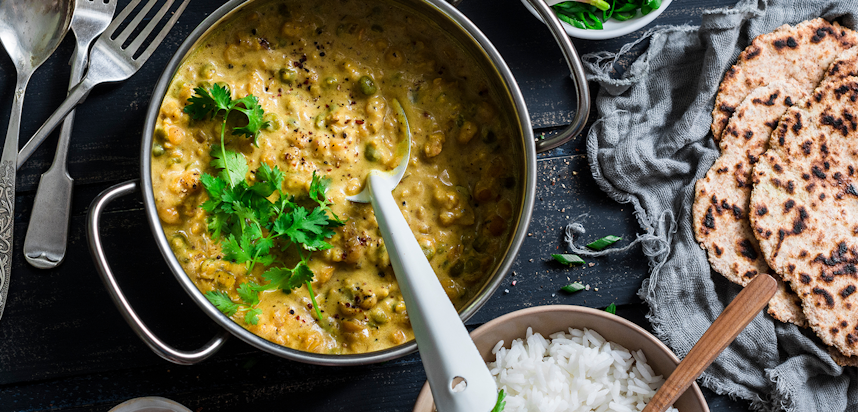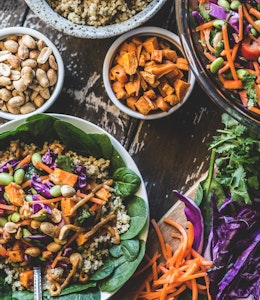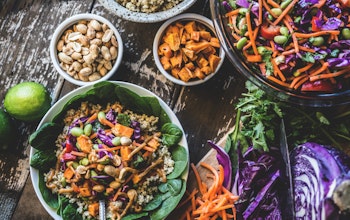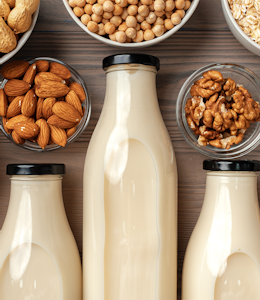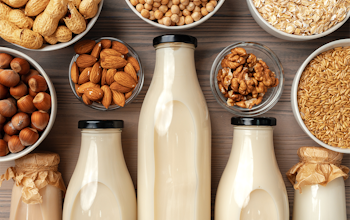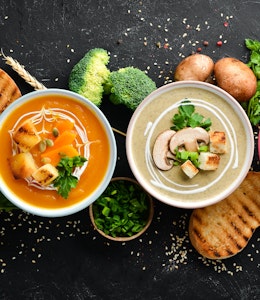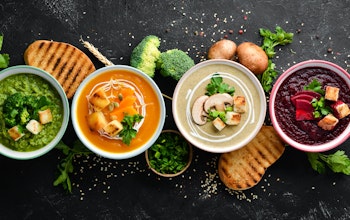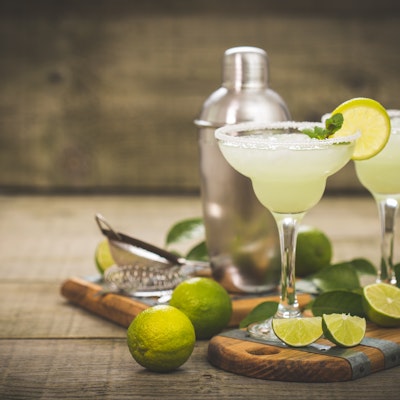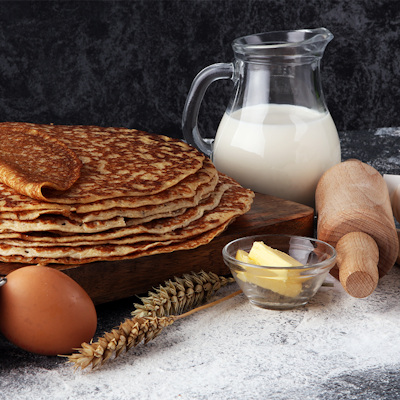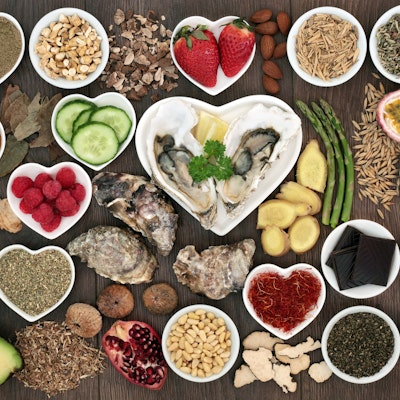What’s the difference between vegetarian and vegan?
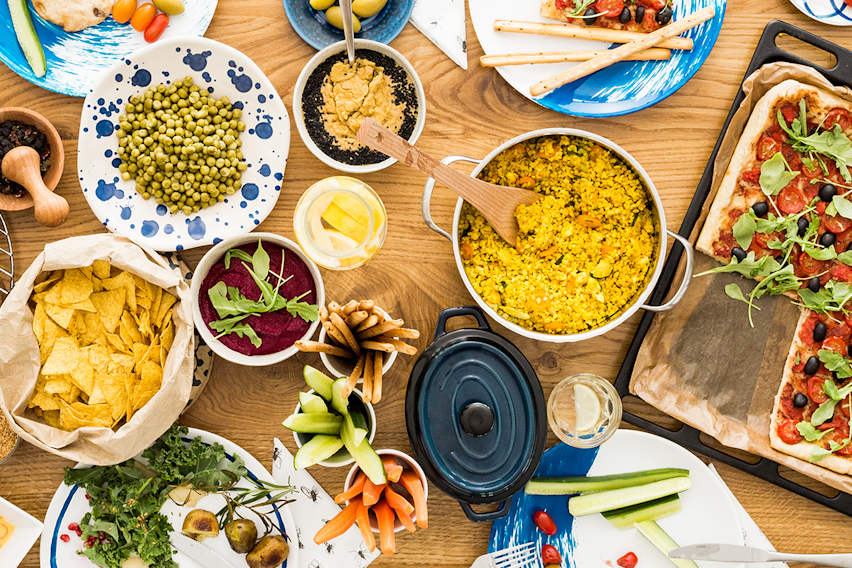
Vegan and vegetarian diets have never been more popular. But what does veganism actually mean? Is it purely to do with diet or are there other lifestyle aspects involved too? And it doesn’t just stop with vegan…
…Where once a single “vegetarian option” on a menu was enough, today’s consumer might be a flexitarian, a vegan, a pescetarian or an ovo-vegetarian, and want delicious dishes that meet all their dietary needs.
But in order to do that, foodservice businesses need to know what these terms are and at what they mean. So in celebration of World Vegetarian Day, we’re exploring the different meat-free or low-meat diets...
What is veganism?
Veganism is both a philosophy and a way of life that revolves around the prevention of the exploitation of and cruelty to animals. All vegans observe a plant-based diet, not only avoiding meat and meat products but any product derived from an animal, including eggs, fish, shellfish, milk and other dairy products and often honey too.
Strict vegans also avoid foods that contain gelatin or additives such as shellac - which are also derived from animals, and even drinks like wine, which may be produced using methods that involve animal by-products.
A vegan is the strictest type of vegetarian, and as a lifestyle choice vegan behaviours extend beyond a diet, with most vegans opting to avoid clothing, cosmetics and other products that are derived from animals in any way, and not observing, visiting or taking part in any kind of entertainment or leisure activity which includes the mistreatment or exploitation of animals.
You may also be interested in…
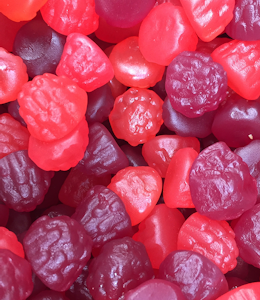
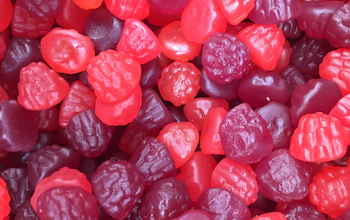
You may also be interested in…
Additives and E Numbers unsuitable for Vegetarians and Vegans
ReadSome people follow a plant-based diet for health reasons rather than moral beliefs - these people do not necessarily refrain from using animal products like leather, and if so, are not vegans.
Recent years have seen a dramatic increase in the number of people following a vegan diet or lifestyle. In turn this has meant an influx of vegan products (both food and non-food) to the market. Just because a product has predominantly plant-based ingredients does not mean it will be vegan - it may contain traces of Milk, or a non-vegan additive like carmine (E120). Most products will indicate on the label if they are suitable for vegan or vegetarian diets, but the most reliable way of knowing if a product is vegan is through certification (you can find out here why certifications are so beneficial to Manufacturers). For example The Vegan Society has a Vegan Trademark that can be applied to the packaging of products that meet their standards.
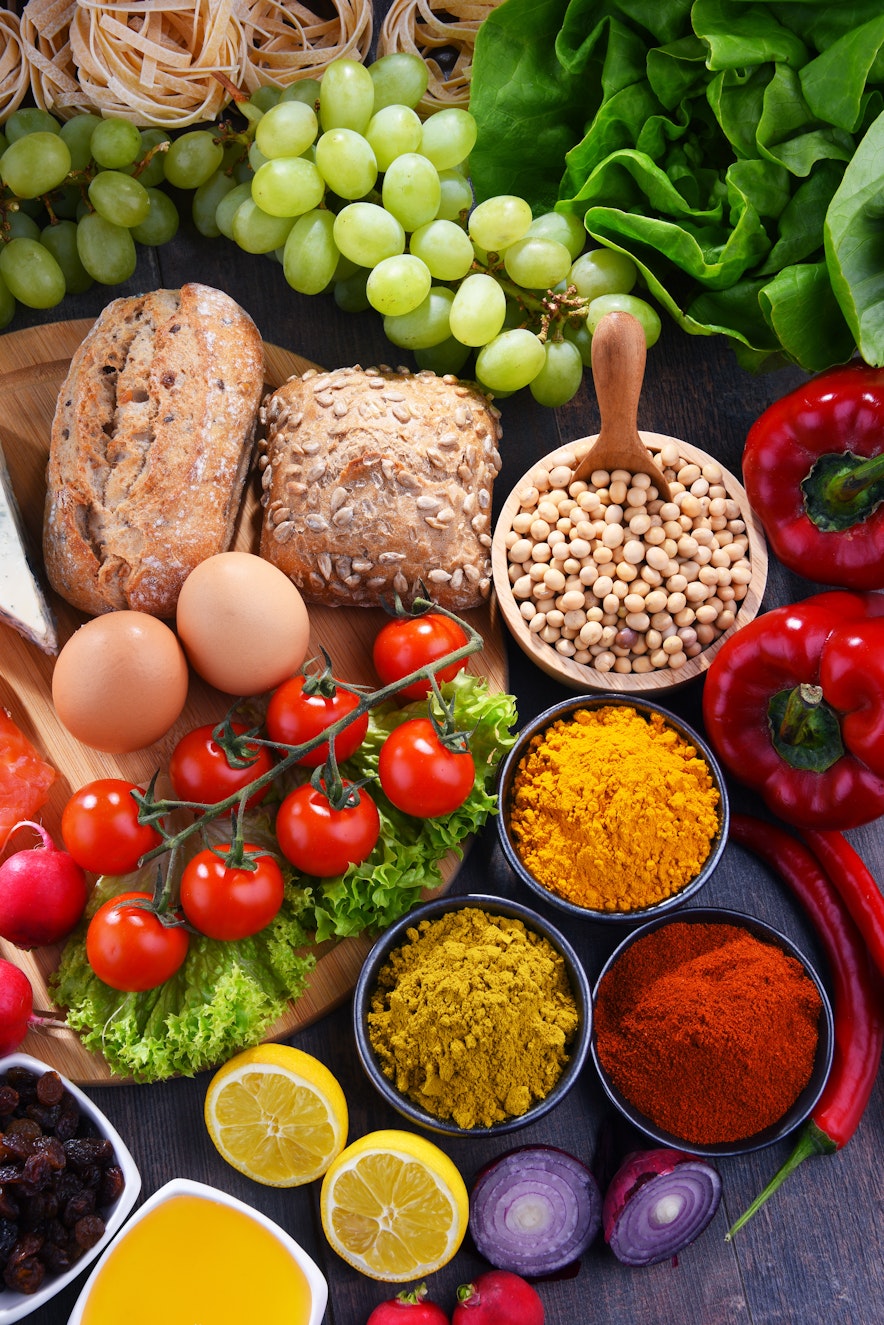
What is vegetarianism?
Vegetarianism is the practice of maintaining a diet that does not contain meat. Vegetarians do not eat beef, pork, lamb or chicken (nor any other kind of meat), and most do not eat fish, crustaceans, molluscs, insects, or products like beef dripping or meat stock.
There are several different types of vegetarian, such as “ovo-vegetarians” who eat eggs but no dairy products, “lacto-vegetarians” who eat dairy products but not eggs, and “ovo-lacto vegetarians” who consume both eggs and dairy products.
Some vegetarians follow a meat-free diet for moral reasons and some for religious beliefs, whilst others may consider it better for their health or may simply not like the texture or flavour of meat.
What is the difference between vegans and vegetarians?
The difference between vegan and vegetarians is that vegans abstain from all animal or animal-derived products, whereas vegetarians do not eat meat, but depending on the type of vegetarian they are they may eat things like milk, cheese, eggs and honey.
They may also wear leather or use animal-based non-food products, unlike vegans. Essentially, vegetarian diets are meat-free but vegan diets are free of all animal products and animal by-products.
What foods do vegans eat?
Vegans eat many different types of food, just not meat or animal-derived products. Fruit, vegetables, legumes such as beans and lentils, cereals such as barley and oats, nuts, soya, seeds, bread, rice, (dried) pasta and non-animal oils such as olive, coconut and sunflower oil are all common ingredients in vegan dishes.
In today’s market there are also many vegan versions of meat and dairy products such as cheese, butter, bacon and even kebab meat.
Is plant-based the same as vegan?
A plant-based diet is a diet where the majority of foods consumed are derived from plants. Vegans do observe a plant-based diet but not everyone who follows a plant-based diet is a vegan as it’s possible only most of their diet is meat or animal product-free, not all of it.
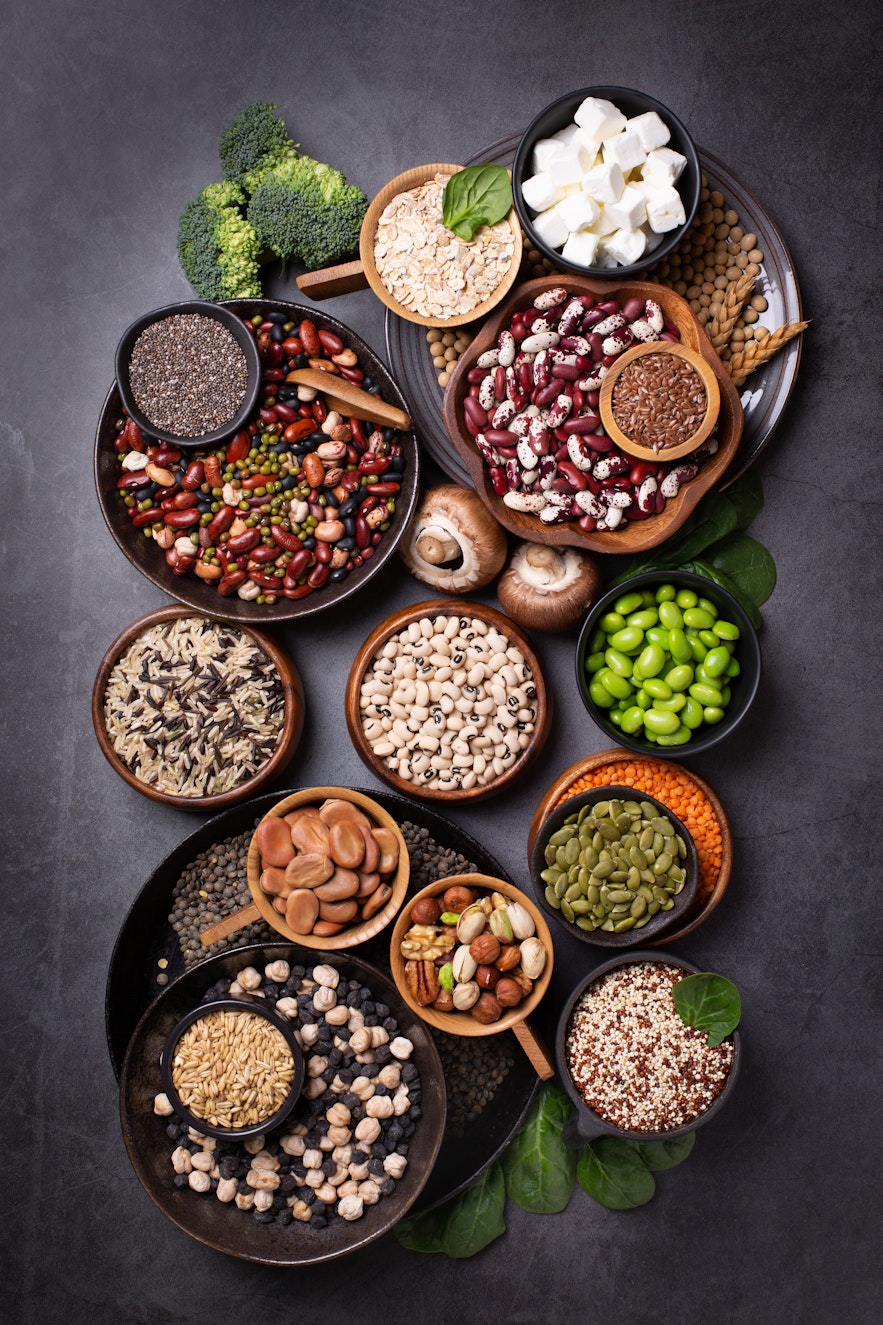
Many vegan and vegetarian meals and food products contain ingredients like Soya, Sesame and Wheat (a Cereal containing Gluten). These are all in the 14 major food allergens, and those with allergies should check the labels of vegan and vegetarian products carefully.
Is veganism or vegetarianism healthier?
Vegan and vegetarian diets aren’t healthier or less healthy than either each other, or a diet that includes meat and animal products. All kinds of diet can be healthy or unhealthy depending on the foods consumed. A healthy diet includes protein, good carbohydrates, non saturated fats, and fruit and vegetables. This is possible with both vegan and vegetarian diets, but vegans need to be more careful to ensure they get enough protein, calcium, vitamin D and good fats - all of which can be found in eggs and dairy products like cheese, milk and yoghurt. Both vegans and vegetarians can get protein from pulses and nuts.
Can vegans drink alcohol?
Vegans can drink most types of alcoholic beverages - including practically all distilled spirits such as whiskey, vodka, gin and rum. They cannot drink cream-based liqueurs or cocktails that include egg whites, milk or cream among the ingredients.
Strict vegans cannot drink some types of wine, such as wines that have used animal-derived fining agents such as casein (milk protein) or gelatin. Some vegan-friendly wines will state this on the label, but they are not actually obligated to do so.
Can vegans eat honey?
Some vegans eat honey and use honey-based products and some do not. Those that do not believe that the manufacture or production of honey exploits the labour of bees and on a large-scale may even result in the death or harm of the insect.
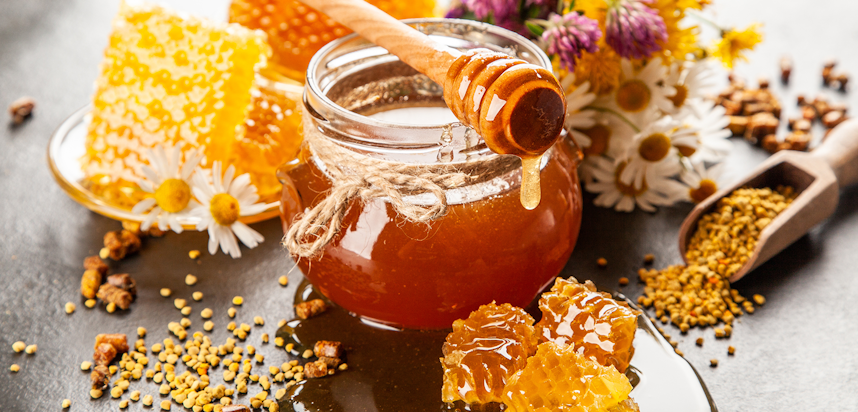
What does being pescetarian mean?
A pescetarian is a person who does not eat meat but does eat fish, and shellfish. Some people consider pescetarianism to be a form of vegetarianism.
Because pescetarians usually eat dairy products and eggs, they get plenty of calcium, B vitamins and other minerals, in addition to the healthy Omega-3 fatty acids found in fish, which means it's one of the best and most nutritious diets around.
What is a flexitarian?
A flexitarian diet is a hybrid of plant-based eating and the consumption of animal products, including meat. A combination of the words “flexible” and “vegetarian”, flexitarianism is an increasingly popular lifestyle choice which involves eating vegan food some of the time and food with meat or animal products some of the time - there is no set ratio for this. People may take up this diet because they feel it is more environmentally friendly, or healthier, or they are trying to cut down on processed foods.
Can vegetarians have dairy foods?
Vegans cannot eat dairy foods - such as milk, cream, cheese and yoghurt, as they are derived from animals.
There are many dairy-alternative products on the market, such as various nut milks and olive-oil based butter. These dairy alternatives are also a good option for those with a Milk allergy or lactose intolerance.
Eggs, though not technically a dairy product, are also derived from animals and therefore not suitable for vegans.
Vegetarians, depending on the type, can generally consume both dairy products and eggs.
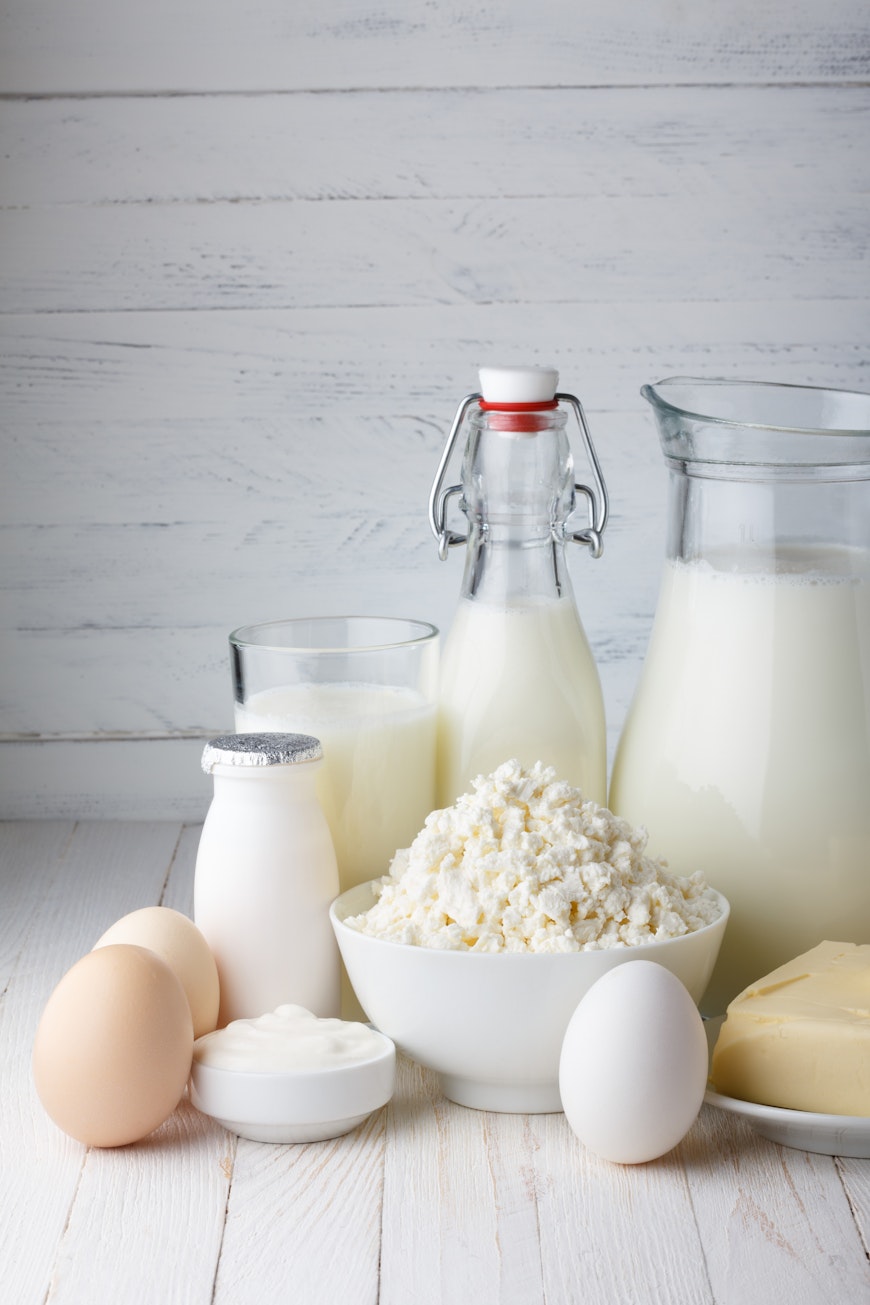
What are vegan diets lacking in?
Vegan diets can be lacking in calcium, healthy fats and vitamin B12 - all of which are found in the dairy products and eggs that vegans do not eat. However, vegans can make sure they do get these nutrients by taking supplements or alternative foods that contain these things - such as olive oil or spinach.
What are vegetarian diets lacking in?
Vegetarian diets are rich in most vitamins and minerals and nutrients, but they can lack B12 and iron - usually found in fish or meat.
Dietary supplements are one solution to avoiding deficiency, as is researching other, plant-based foods, that contain them and incorporating them into the diet.
What cuisine is best for vegetarians and vegans?
Many of the world’s cuisines are vegan and vegetarian-friendly - Indian is one of the best cuisines for vegetarians and vegans as many of the dishes are entirely plant-based (although Anglo-Indian cuisine has lots of meat-based curries, a lot of the curry in India itself is vegetarian). Countries that participate in religious fasting or fasting from meat, such as Ethiopia and Greece respectively, also have cuisines well suited to vegetarians and vegans.
